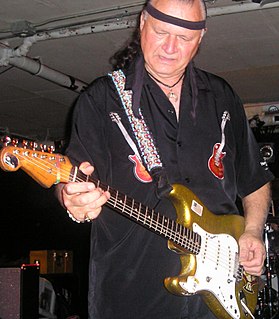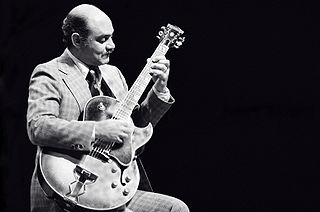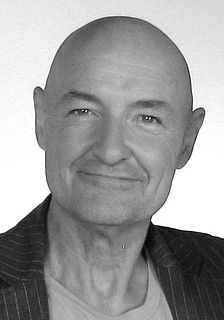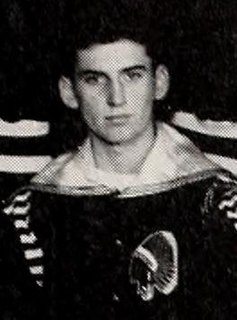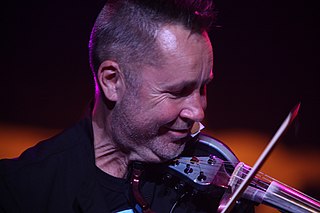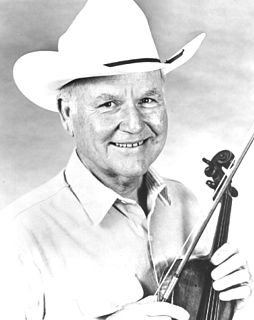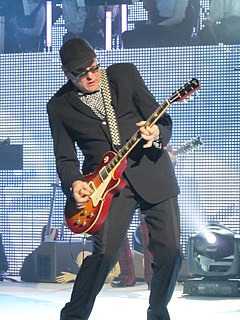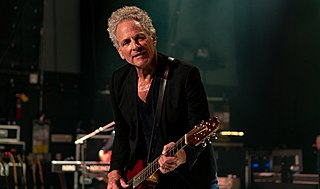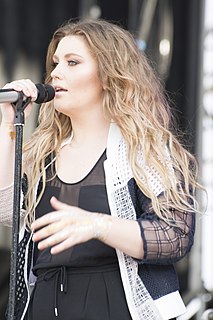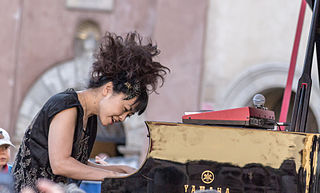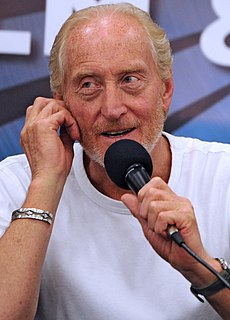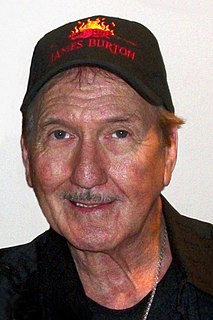A Quote by Dick Dale
I don't play pyrotechnic scales. I play about frustration, patience, anger. Music is an extension of my soul.
Related Quotes
My father would say, 'Play a scale,' and I'd play one and he'd say, 'What about the rest? There must be one above,' so we'd figure them out. I'd start the scale on the root of the chord and I'd go as far as my hand would reach without going out of position, say, five frets, and then I'd go all the way back. So when ! practised I'd start right away on scales. As well as the usual ones, I'd play whole tone scales, diminished, dominant sevenths, and chromatic scales. Every chord form, all the way up, and this took an hour.
The title's so upfront. It gives fair warning about the play's content. I'm writing about a kind of disenchantment, an anger, but quite a cool 90's anger, at a time when we're not very good at openly being angry. . . . I don't think I ever thought the title was titillating. I thought it was incredibly catchy. If the play is about the reduction in human relations down to a consumerist rationale, then thematically, the title is entirely linked into the thesis of the play.
I don't practice per se. I learned to play on my own, taught myself how to play. I've never really had a lesson, and I don't read music. So all the stuff that I do doesn't come from the normal set of disciplines that they teach you where you sit down and run through scales for a particular number of minutes a day.
Music is a universal language insofar as you don't need to know anything else about a musician that you are playing with other than that they can play music. It doesn't matter what their music is, you can find something that you can play together, with what their culture is. The dialect part of it comes into play, but nothing like the differentiation that language sets up, for example.
I'm a natural piano player. So all the practicing I do at this point is in my head. If I don't play for a year, my chops aren't going to get any worse. I've spent my time playing scales, and I don't necessarily want to play any faster than I play. So everything I do at this point is more philosophical.
